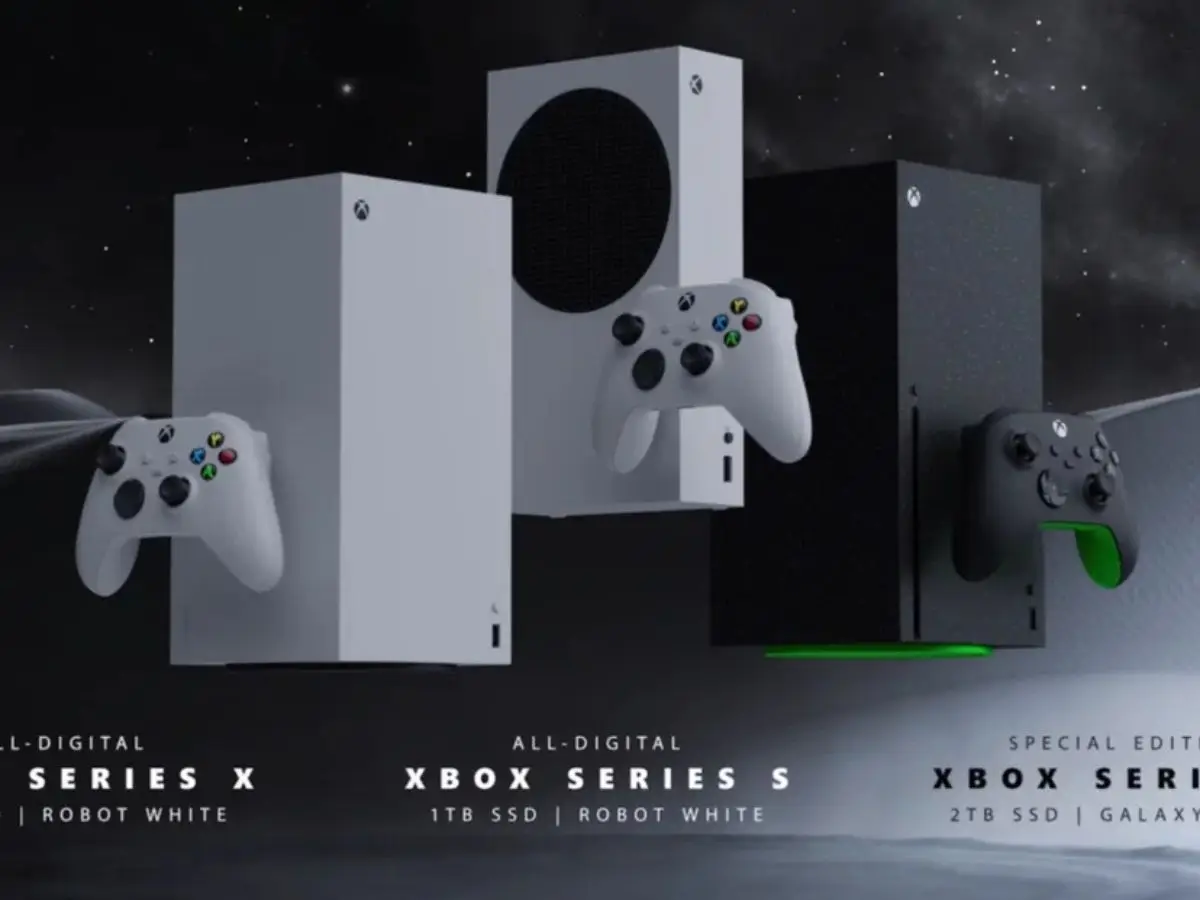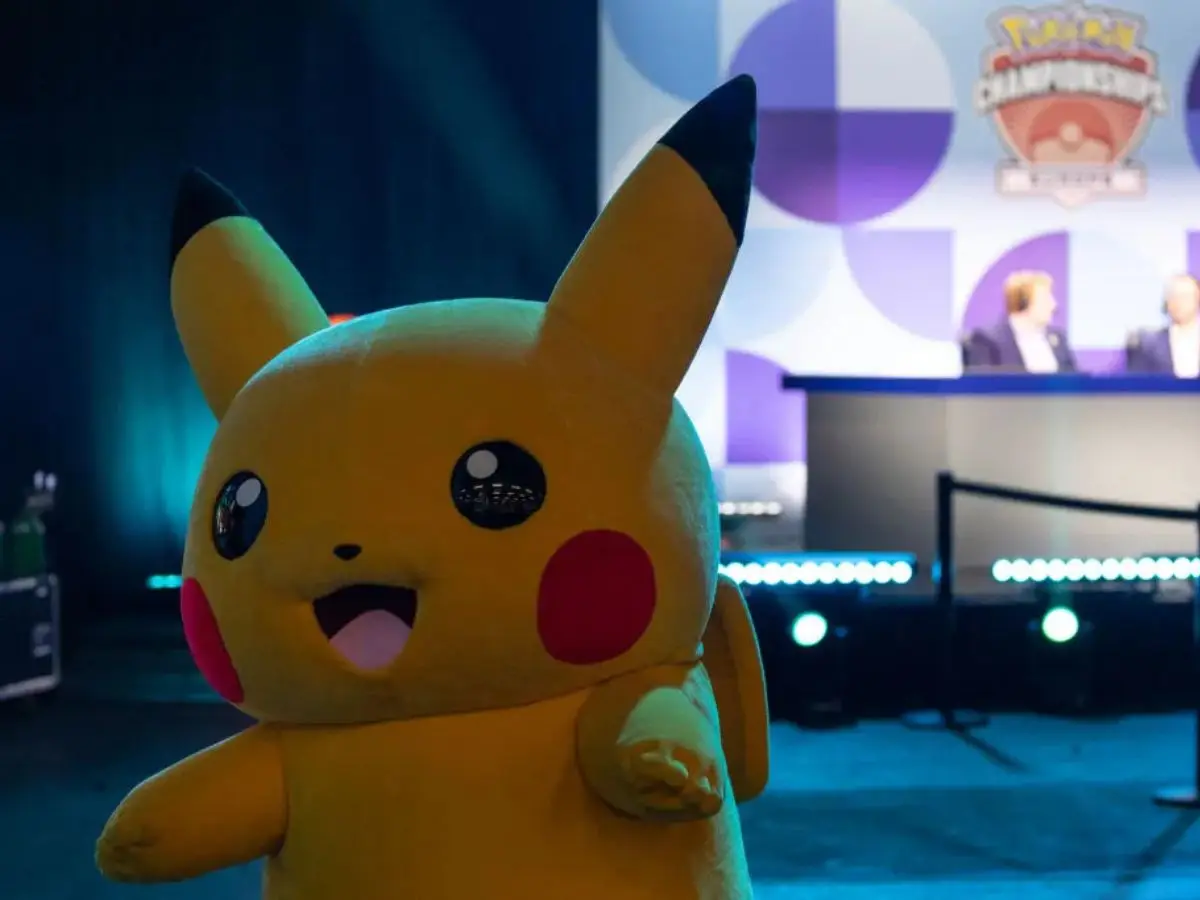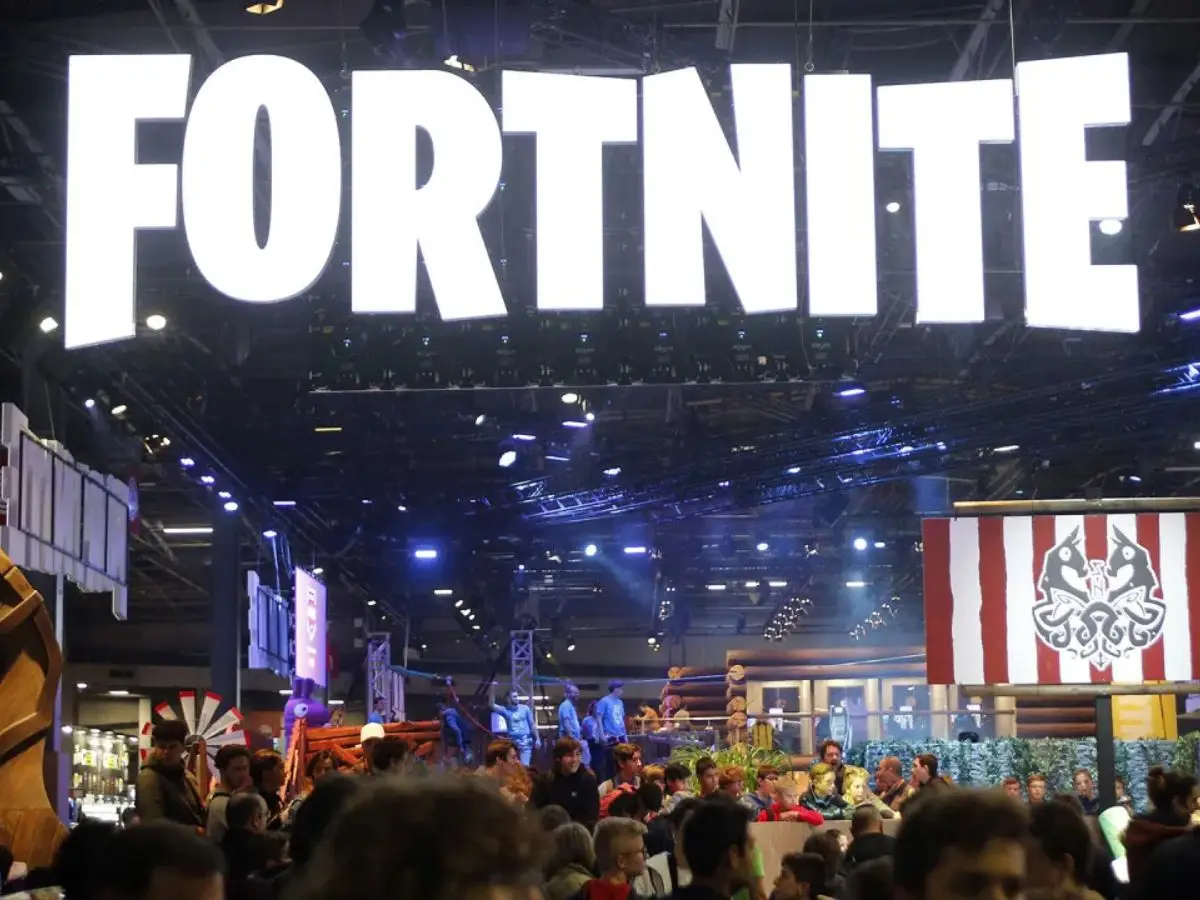Xbox Series price increases have arrived, reshaping the landscape for gamers and families considering their next console purchase.
With Microsoft’s latest announcement, the cost of entry for the Xbox Series S and Xbox Series X has risen sharply, alongside higher prices for controllers, headsets, and even new first-party games.
Let’s break down what these changes mean, why they’re happening, and how they impact the value proposition for Xbox fans and newcomers alike.
Xbox Series Price Hike: What’s changed?
Xbox Series pricing has shifted significantly as of May 2025. Here’s a clear look at the new U.S. retail prices:
- Series S (512GB): $380 (up from $300)
- Series S (1TB): $430 (up from $350)
- Series X (Digital, 1TB): $550 (up from $450)
- Series X (Disc, 1TB): $600 (up from $500)
- Series X (2TB Galaxy Black Special Edition): $730 (up from $600)

Accessories haven’t been spared either. The standard Xbox wireless controller now costs $65, while special editions and the Elite Series 2 can reach up to $200. Headsets have also seen price increases, with the wireless model now at $119.99.
For games, Microsoft has confirmed that starting this holiday season, some new first-party titles will launch at $80-a $10 increase from the previous standard. However, these games will support Play Anywhere, meaning a single purchase allows play on both console and PC at no extra cost.
Why is the Xbox so expensive now?
Xbox Series price increases are driven by several factors:
- Rising Development Costs: Microsoft points to the escalating expenses of creating modern, high-quality games. The company’s recent $75 billion acquisition of Activision Blizzard and the ballooning budgets for blockbuster titles have made profitability more challenging.
- Market Conditions: Global inflation, supply chain disruptions, and increased manufacturing costs have all contributed. Microsoft also references broader economic pressures, including tariffs in some regions, though the price hikes are global and not solely tariff-related.
- Industry Trends: Microsoft’s move follows similar decisions by Nintendo and Sony, both of which have raised console and game prices in response to the same market realities. The new Nintendo Switch 2, for example, debuted at a higher price point, and PlayStation has implemented price hikes in several regions.
Microsoft acknowledges that these changes are difficult for consumers. In their statement, they emphasize a continued commitment to delivering value and expanding access to games across devices, despite the higher costs.
What does it mean for Xbox Series buyers?
Xbox Series price increases are unusual in the middle of a console generation. Historically, consoles like the PlayStation 2 and PlayStation 3 saw price cuts after launch, helping to boost sales and expand their user base.
Microsoft’s decision to raise prices nearly five years after the Xbox Series X and S debuted bucks this trend and could slow momentum for the brand.

For buyers, the implications are clear:
- Higher Upfront Costs: Both new and returning gamers will need to budget more for consoles, controllers, and accessories.
- Game Price Adjustments: The $80 price tag for first-party games brings Xbox in line with Nintendo’s strategy for the Switch 2 and could set a new standard for AAA titles across the industry.
- Value Considerations: While the Play Anywhere feature adds value for those who play on both PC and console, the higher prices may make Xbox less competitive for price-sensitive shoppers.
Final words
Xbox Series price increases mark a turning point for Microsoft and the gaming industry. The company cites rising development and production costs as key reasons, and these changes are part of a major trend affecting all major platforms.
For consumers, the best approach is to weigh the enhanced features and ecosystem against the increased cost. Xbox continues to offer robust services like Game Pass and Play Anywhere, but the higher price tag may push some to consider alternatives or wait for potential deals.







